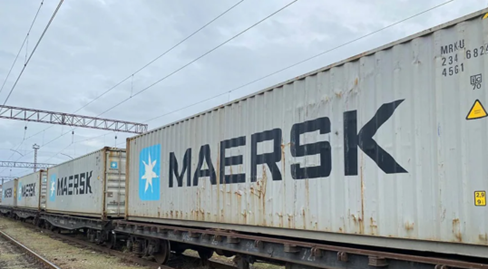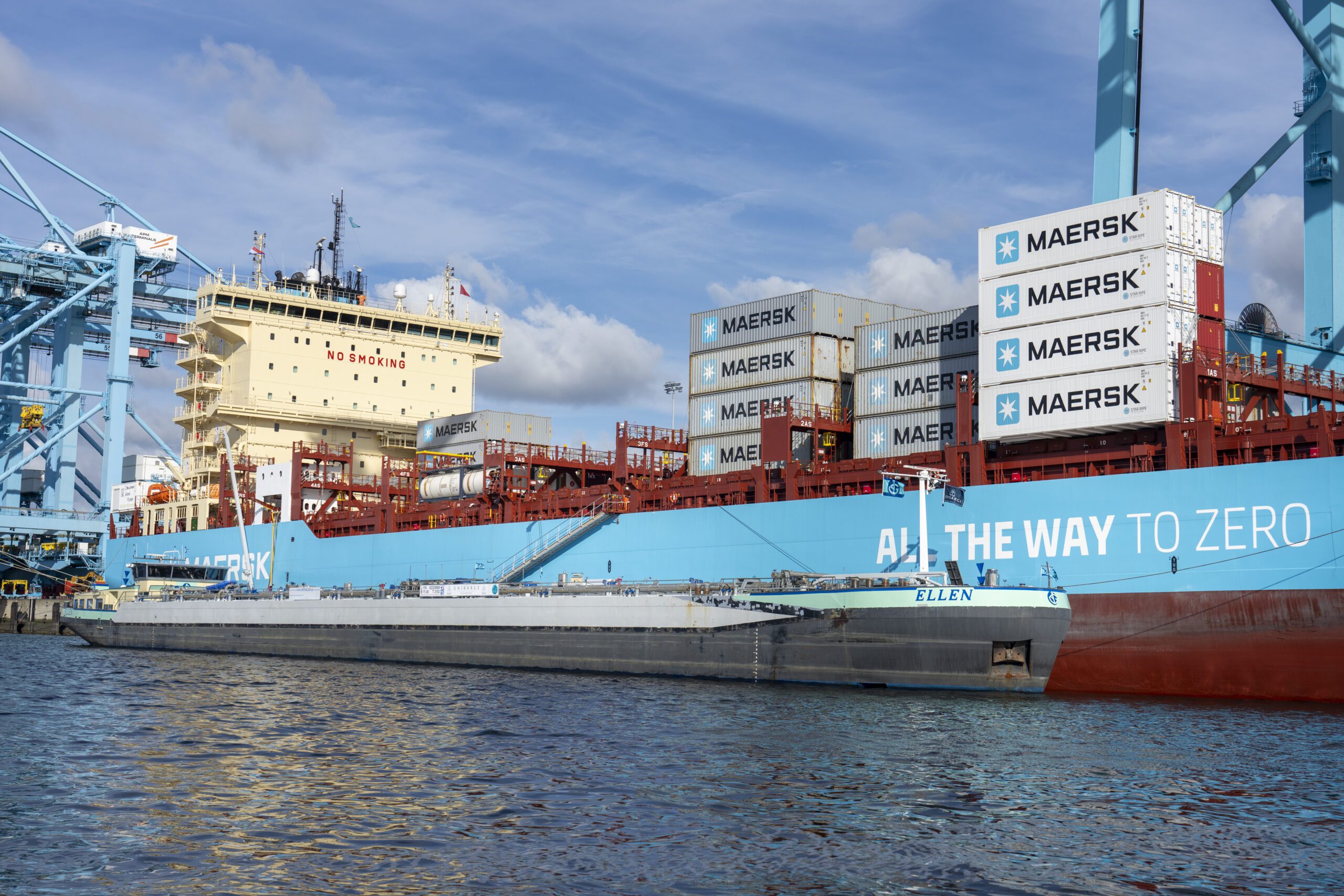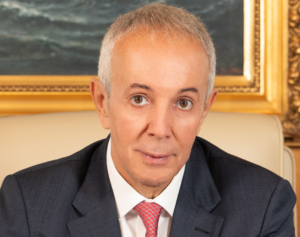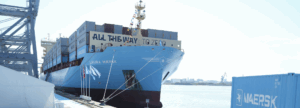
Two separate strike actions across Germany will likely cause severe delays on inland transportations, including deliveries that cannot be performed at all, Maersk warns in an advisory to its customers.
Other parts of the logistics chain such as ports are also affected by the strike.
Deutsche Welle, German state-owned international broadcaster, reports that Germany is facing potential transport chaos caused by a three-day nationwide strike by train drivers, coupled with ongoing protests by farmers angered by planned subsidy cuts.
Denmark’s shipping giant Maersk now notifies its customers that although Maersk teams continue to focus on minimising the impact to its customers and maintaining the flow of cargo within operational feasibility, customers will be in touch with customer representatives of the company in case of impact or delays to their cargo.
During the strike, rail services will run on a heavily reduced emergency timetable, forcing millions of passengers to cancel their journeys or find other ways of getting to their destinations.
In its notification Maersk says German Farmers’ Association started on January 8th 2024 at 05:00am with blockades at important traffic junctions and access roads.
Furthermore, GDL announced strikes of the freight transportation as from January 9th 6:00pm, followed by strikes of public transportation as from January 10th 2:00am.
“Our planners are working closely with the rail and air freight operators every day to understand the overall impact this will have on our operations, and we will communicate any changes in schedules as soon as more information becomes available,” Maersk pointed out.
As DW reports, the rail strike comes as German farmers vowed to ramp up their nationwide protests against planned subsidy cuts, such as those for diesel fuel.
Since Monday, farmers have been blocking a number highway entrances with their tractors, as well as holding rallies in towns and cities. The protests have caused considerable disruption to traffic.
The German broadcaster DW highlights the fact that the strikes and protests come as Germany’s coalition government under Chancellor Olaf Scholz faces huge challenges in pushing through its 2024 budget.



